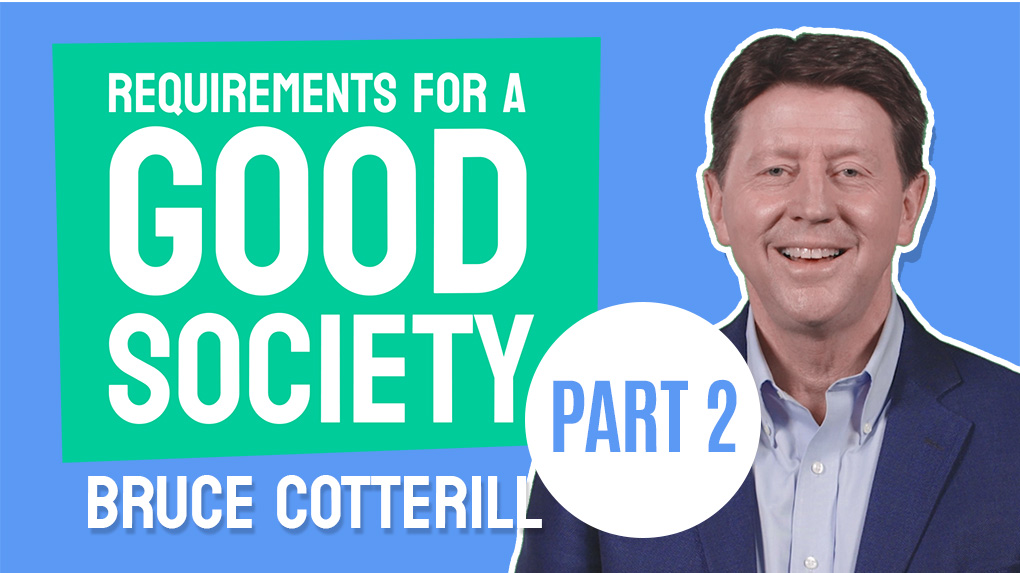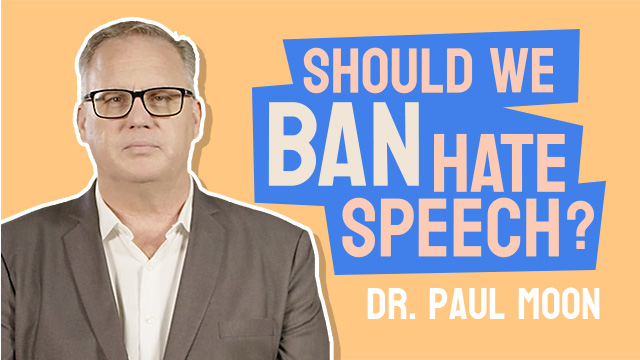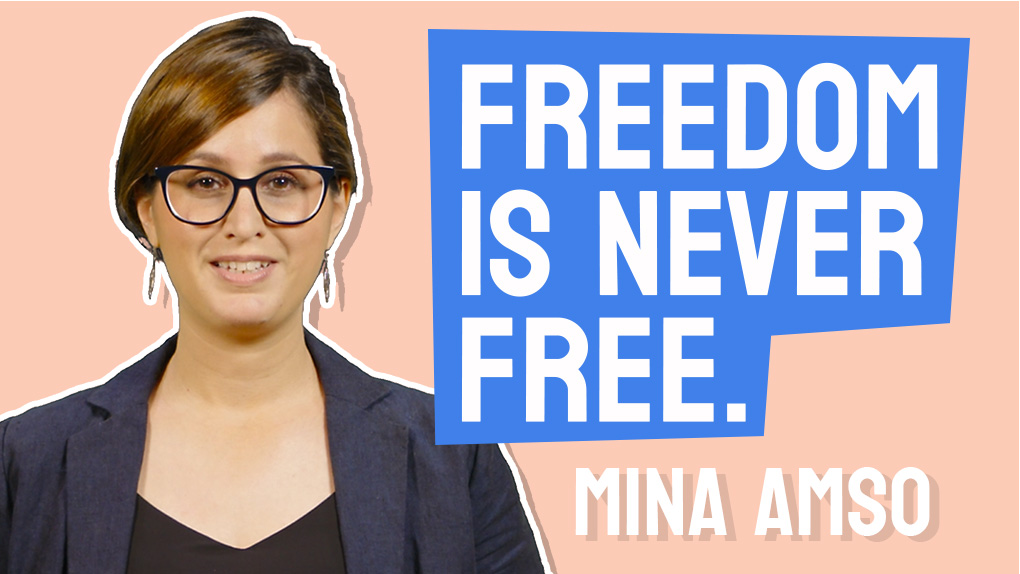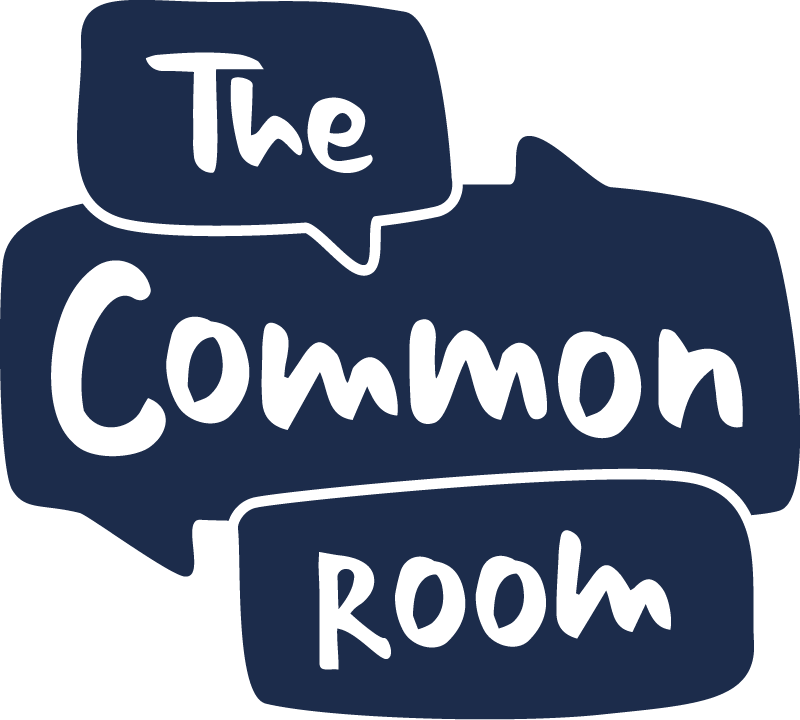How can education help our democracy?
Dr Michael Johnston, Senior Fellow at The New Zealand Initiative
30 April 2023, 13.2k views*
Hate speech and misinformation are both real and undesirable. But trying to curb them through criminal law risks undermining democracy. So what can education contribute to shoring up the foundations of an open society?
What can education contribute to shoring up the foundations of democracy?
According to the Forum on the Future of Local Government, a greater emphasis on Civics, or citizenship education might help. It’s certainly no bad thing for young people to learn about the way our electoral system and government work. But research has shown that Civics education tends to have disappointing results when it comes to political engagement.
Besides, if we want a citizenry that’s truly prepared to participate in democracy, it’s not enough just to teach them how the system works, nor even that they engage when it’s time to vote. Instilling certain values is important too. Foremost amongst these values is a respect for the mportance of open debate.
Safeguarding open debate is one of the most important reasons to uphold free speech in a democracy. But free speech remains at risk in New Zealand. Hate speech and misinformation are both real and undesirable. But trying to curb them through criminal law risks undermining democracy. The true foundation of open societies is not voting, but the free exchange of ideas. When people can say what they think without fear of censorship or prosecution, the result is a robust public discourse that leads to better information and more sophisticated ideas.
If we have a culture of free discussion, hate speech can be countered, and misinformation debunked. In a culture of censorship, though, hateful thoughts fester underground. It becomes harder to distinguish truth from error – and from deliberate attempts to mislead.
Unfortunately, we can’t have a culture of open debate without some nasty stuff getting through. Hate speech and misinformation are real problems. The trouble is, though, that any definition of ‘hate speech’ will sometimes snare sharp but good-faith disagreement, which will inevitably offend someone.
Similarly, any definition of ‘misinformation’ will rule out some controversial but valuable ideas. If people fear censure or legal problems, they are likely to keep their mouths shut, reducing the number of ideas in the public arena.
Allowing powerful people to control public discussion is especially dangerous. The powerful have their own agendas, and allowing them to control discourse is deeply undemocratic. Attempts by political elites to control hate speech and misinformation often betray an anti-democratic motive. Often, they simply don’t trust ordinary people not to be swayed by hateful ideas, or to weigh evidence and arguments for themselves. Many politicians would prefer voters to swallow their ideas without thinking about them too much.
That brings us back to education.
One of the best ways to protect open society and democracy is to make sure that young people are well-equipped to take part in the democratic contest of ideas. An essential principle for young – and older – people to grasp, is that there’s usually something valuable to learn from disagreement, especially if we cultivate the skill of listening.
If we adopt an attitude of intellectual humility, disagreement can help us find holes in our own thinking. When both parties to a disagreement adopt that attitude, disagreement can be highly productive. On the emotional side, people tend to get upset when their cherished beliefs and opinions are challenged. That’s a very human response, but it needs to be moderated if we are to get the most out of disagreement.
Both intellectual humility and equanimity in the face of disagreement could be cultivated in young people by giving them more practice in dealing with it. Even very young school children can learn that people differ in their opinions and beliefs. If we set up exercises in which school children are presented with age-appropriate topics to discuss, disagreement will soon emerge.
Then, teachers could coach children to listen carefully to other people’s views and to ‘steel man’ their arguments – which means reproducing them as charitably as possible. Getting used to approaching disagreement with curiosity rather than anger would help young people to realise that disagreement provides an opportunity to improve their own ideas.
Many of our leaders have something to learn on this front as well. Robust disagreement is the friend, not the enemy of democracy and open society.
I’m Michael Johnston, Senior Fellow at The New Zealand Initiative, for The Common Room.
*Aggregated views across platforms




